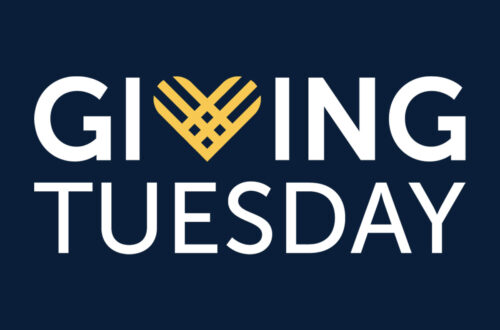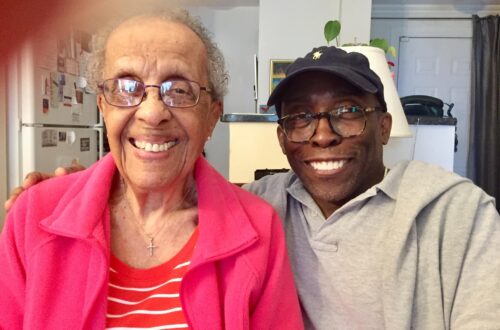Over the past few years, we’ve witnessed a number of mass shootings. Yes, the ones that make national headlines, and the ones that go unmentioned by the mainstream media. There’s a lot that’s been said about them; plenty of debate, conjecture, blaming, shaming, convicting, and support of victims. But there’s one subject that is rarely addressed: the ripple effect these shootings have not just on those not directly impacted, but those who are continually watching from a disance and what coping skills we should we all employ.
What do we do?
Realize that you are under tremendous stress
Losing a family member, loved one, or friend even under the best circumstances is traumatic. Often times, local murders, and terror attacks that do not involve family members are traumatic in their own right. Sometimes the impact can be felt immediately, other times the affects may not be felt for a few days or even months. The thing is to be aware that you can be unknowingly subject to them.
The Pulse massacre occurred less than ten miles from where I live. I knew no one who perished, yet an immense sense of grief gradually overtook me that permeated everything I did. That feeling that lasted for weeks.
Step away from the media
After traumatic event and especially those that take on national significance, it’s easy to get caught up in the tidal wave of reports on television and social media updates. Realize, that in the age of instant reporting by citizens and the news outlets via social media, a constant stream of graphic images and misinformation can lead to sensory overload.
While it’s natural to have a thirst for updates on what has transpired, the media has a tendency to put a spin on news events. Their goal is to garner viewers. Their thinking, what better way to retain viewers than with “breaking news”? Everyone wants to know all they can about “them.” Once you find out what “it” is or who “they” are, the goal for viewers is then all about protecting themselves with the latest. Then they’re hooked.
Here’s an insightful article about how the media heightens the public’s sense of anxiety. Curbing your media intake to a few hours or a brief social media detox for a few days can do a world of good.
Do what feeds your soul
I’m a firm believer that once you step into adulthood, no one will look out for your well-being like you. And there are people who were forced to look out for themselves long before then. But few of us actually do what’s necessary to recharge ourselves.
When your body is hungry, you feed it. When you’re tired, you sleep. So it stands to reason that when you are emotionally drained, you should dedicate some time to engage in activities that feed your soul. It’s hard to give care to loved ones or ourselves, when we have nothing to give.
For some people rejuvenation involves meditating, strategizing, involvement in sort of physical activity. Whatever you choose, find the time to refill your physical, emotional, and spiritual tanks. You and those closest to you are depending on you.
Stay human
Anxiety, anger, and depression are the resulting emotional states that feed on themselves and you. The best way to stop the repeating playlist in your head is to sort out your thoughts by talking them out. Make time to speak openly and honestly with people who know you, understand your circumstances, and who have a demonstrated history of supporting and challenging you. Tell them what’s going on, what you’re feeling, and how it’s affecting you.
Coping isn’t simply a one-off move. Talking to a friend one time isn’t going to “fix” things. It’s kind of like having a bad car accident. The first few times you recount what happened, it’s difficult looking back and examining what you’ve lived through. But the more you examine it, and over time, the severity of the impact lessens. So give yourself time to absorb and process what you’re experiencing. It’s heavy stuff.
And once you sense that you’re more firmly back on your feet, you’ll be able to take steps to help others shore up their resources.
. . .
Love one another.



